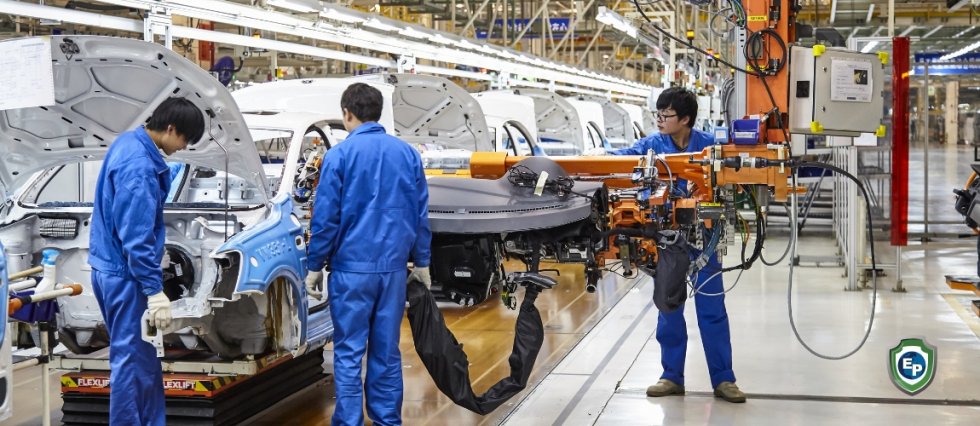Unpacking the EU-China Investment Deal
The European Union (EU) and China have finally signed the Comprehensive Agreement on Investment (CAI) after years of negotiation. So what kind of changes will this new deal bring? Check out this blog to find out!

On December 30th, 2020, both the European Union (EU) and China have finally announced the completion of the negotiation of the Comprehensive Agreement on Investment (CAI). The deal will govern bilateral investments between the bloc and China while improving transparency and market access to level the playing field.
The deal was initially proposed back in 2012 when Europe and the rest of the world began to acknowledge and appreciate Asia. However, since then, various issues have arisen, getting in the way of a deal. The most notable ones were the US-China trade war, the controversy surrounding China's response to Hong Kong's pro-democracy protests, and the human rights abuses in Xinjiang.
Over the years, 35 rounds of talks took place to replace the 25 bilateral investment treaties individual EU nations had with China before 2009. The separate pacts gave some market access for European investors in China, reducing some legal uncertainties. But those treaties also facilitated China's restrictive and highly discriminatory investment regime.
Although the main focus of the deal is market access and investment protection, it also includes provisions on environment and labor rights protection. However, critics believe that it only secures China's promises without real commitments concerning forced labor and labor rights.

The relationship between Europe and China has been unbalanced for some time now. While the EU generally allows foreign direct investments, China is notorious for being unfriendly to private investors. In fact, European investors have faced multiple access barriers such as forced partnerships with Chinese firms, being locked out of various industries, and unfair competition from state-owned enterprises over the years.
Thus, Chinese President Xi Jinping and German chancellor Angela Merkel had made it a mission to reach a deal by 2020. This is why many critics believe the EU rushed the process and gave up an opportunity to gain more from China. China was also facing pressure from the Trump administration, and any new President was unlikely to take a soft stance on China. In fact, the Biden administration had signaled that they would end unilateralism and use a united front with the EU, Japan, and other allies regarding its trade disputes with China.
However, the CAI has now made a united front against China unlikely. Although the agreement tilted the scales more to the Europeans, the result is still a restrictive Chinese market with little accountability.
Let Export Portal Help You
Export Portal is here to help all small and medium-sized enterprises (SMEs) find new opportunities during this time of crisis. If you are interested, make sure to check out our website today and enjoy all the benefits we have to offer!






Comments 0